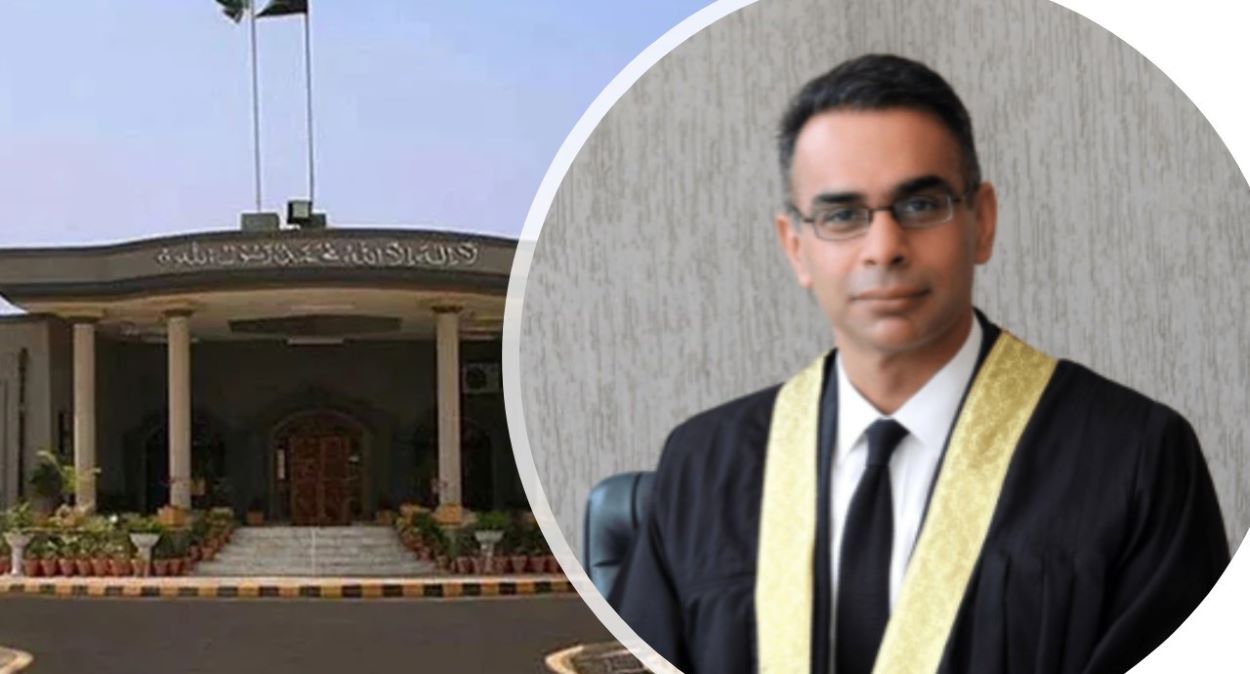Justice Babar Sattar of the Islamabad High Court dismissed the federal government’s request for an in-chamber hearing regarding the audio leaks case, insisting on transparency in the proceedings.
During the case, the federal government pleaded to remove restrictions that prevent telecom operators from releasing data, which is central to investigating the leaks.
In defence of their practices, an attorney representing the Islamabad Police clarified their position on evidence gathering: “There is no restriction on collecting such material, according to our understanding,” he stated. Justice Sattar then queried whether the police could enter a person’s home without a warrant, highlighting concerns about privacy and legal procedure.
The lawyer responded, “We neither conduct surveillance nor do we record; we only collect material post-incident,” emphasizing that their actions are in response to events rather than preemptive.
Justice Sattar probed further into the police’s practices over the past decade, questioning, “Have you ever obtained a warrant in the last eleven years?” The lawyer maintained that obtaining a warrant was unnecessary for collecting material after an incident.
The court also raised concerns about the potential invasion of privacy, asking how the police could access private videos within someone’s home. The lawyer reiterated that their actions were strictly confined to gathering evidence after an incident and were not proactive surveillance measures.
Justice Sattar expressed scepticism about the Islamabad Police’s understanding and application of the law regarding warrants, questioning the apparent disregard for obtaining legal permission over the last eleven years. This line of questioning underscored the court’s concern for adhering to legal standards and protecting citizens’ rights under the law.






